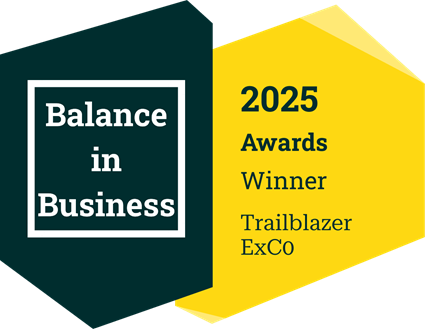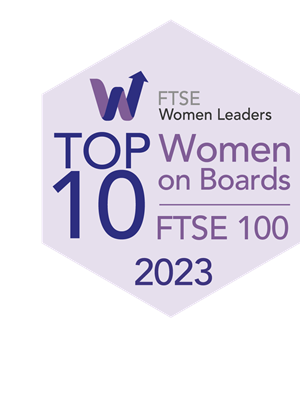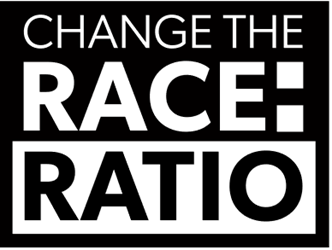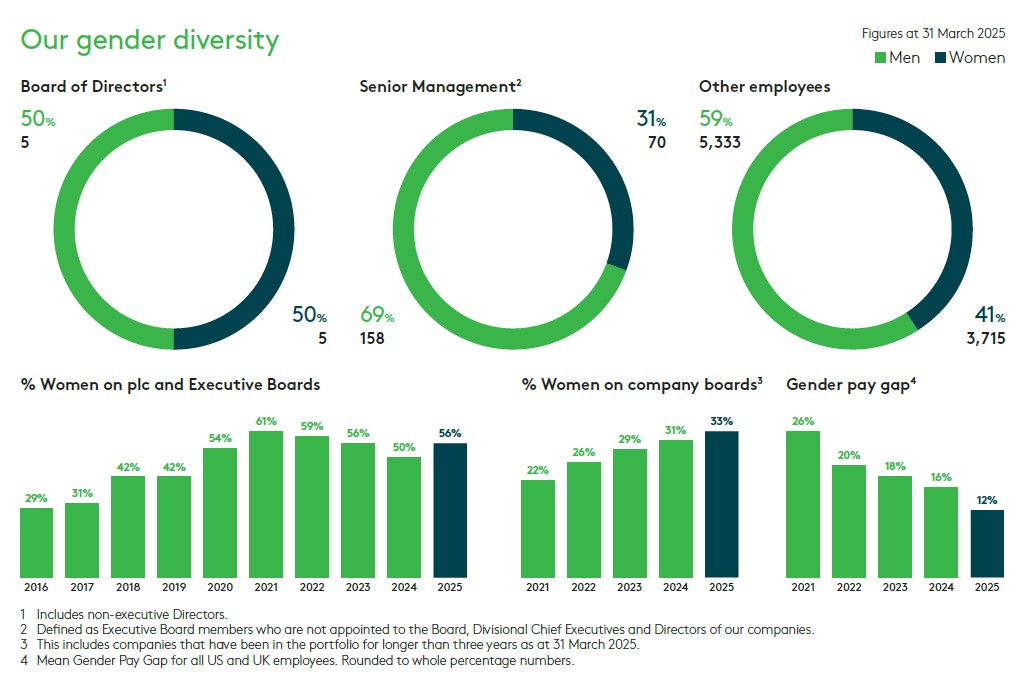At Halma, we’re striving to create an inclusive culture where everyone has equality of access, opportunity, and treatment. We have a strong foundation to build on and we are always challenging ourselves to do more.
We have made good progress, but we know there is more we need to do. Every Halma colleague has a role to play and we are prioritising the following actions as a Group:
- Gender equality: As a Group, we are working towards gender balance on our company boards. Our measure of progress is to achieve a 40-60% gender balance for all company board roles. We’re encouraged by our progress but recognise there’s more we can do. Our latest Gender Pay Gap report highlights further how we’re committing to addressing the gender pay imbalance through inclusive and diverse recruitment through our Halma Catalyst Programme and in the recruitment of our senior leaders. Our improved work-life arrangements, such as our global parental leave policy and our Future of Work philosophy also support our vision of gender equality.
As a strong signal of commitment, the remuneration for our senior leaders is linked to performance against gender balance at the operating company level as well as the progress towards achieving our energy productivity goals. This change reinforces our commitment to achieving our wider sustainability ambitions, in line with our Key Sustainability Objectives.
- Race & ethnicity: As a signatory of Change the Race Ratio, we have committed to increasing racial and ethnic diversity across our businesses. We have a long road ahead, but we will do our part to build businesses that are more inclusive and fairer for Black and other ethnic minorities. In support of the Parker Review’s newest recommendation, we have set a target of 20% of senior management (Executive Board and their direct reports) that will be from under‑represented ethnic groups by December 2027.
Our progress
We have continued to make significant progress on gender diversity. We are proud of our achievements on gender balance on the Executive and plc Boards, including three of Halma’s key board roles – Chair, Senior Independent Director, and Group CFO – being held by women. We are also proud that two of the three SCEs who lead our portfolio of companies are women and that the gender ratio of our next generation of leaders is now more balanced with 50% of all current Halma Future Leaders being women.
At the executive level, we are pleased to have remained within our 40–60% gender‑balanced range, with women representing 50% of the plc Board and 60% of the Executive Board (at March 2025). Our three sector boards are also within our 40–60% gender‑balanced range and 48% of all our senior roles (Executive Board, Halma Board and Divisional Chief Executives) are held by women.
We have also made progress towards our ambition for all our company boards to be within a gender balance range of 40%-60% by the end of March 2030. We ended the 2025 financial year with 33% of women on our company boards, representing a year‑on‑year increase of 2% compared to the 2024 figure of 31%. This is an improvement of 14 percentage points since we started tracking this metric in 2020.
As a result of this long-standing commitment to gender balance we have been awarded for a second year a Balance in Business (BiB) Award in the Trailblazer Exco & D/Rs FTSE 100 category. We have also been recognised by BiB on its Roll of Honour celebrating previous award winning companies that continue to inspire and set a benchmark for others to follow. This is an important recognition, reminding us to continue building on this momentum and ensure progress does not halt.


We have made public commitments to increase racial and ethnic participation in our senior leadership roles by joining Change the Race Ratio, a campaign founded by the Confederation of British Industry to increase racial diversity on boards.
At Board level, we will continue to meet the Parker Review target this year as well as the Change the Race Ratio target of at least one racially diverse board member at the Plc and Executive Board. Moreover, 36% of our Halma Catalysts are from an ethnically diverse background.
We aim for 20% of senior management to be from underrepresented ethnic groups by December 2027. As at 31 March 2025, 18% of the Executive Board and their direct reports are from under-represented ethnic groups, an improvement from 17% in 2024. We count only those who are ethnic minorities in their regions of operation. In line with the Parker Review’s updated definition, focusing solely on the Executive Board and their UK‑based direct reports, this percentage is 21%. Whilst our current figures are encouraging, relative to industry benchmarks, ethnic diversity is something we will always nurture and look to improve even further.

A focus of our diversity strategy is working with recruiters to ensure they run a diverse application process. While we base our recruitment decisions on skills and competencies, we hold recruiters accountable for presenting diverse shortlists which include varied educational and work backgrounds. We have expanded our in‑house talent acquisition capacity and are exploring creative ways to attract diverse talent to our organisation, including targeted social networking campaigns. In March 2024, we also expanded our communications channels to launch a signature podcast series, Leading with Purpose. Each episode features diverse company and sector leaders discussing leadership and purpose and giving insight into our culture. By doing so, we want to encourage others to want to join us to help meet our purpose. We are confident that our focus on diverse hiring practices will continue to deliver results and increase diversity at all levels of our organisation.

Our programmes
Our aim is to make our work environments flexible and inclusive where everyone feels supported to fulfil their potential. Our family-friendly policies and learning programmes ensure that our people can balance family, work, and life commitments. We’re also enabling everyone to bring their full selves to work so they can thrive, no matter who they are.
At Halma we offer an enhanced parental leave policy of 14 weeks paid leave to care for and bond with a new child. Open to all our 7,000+ employees in 20+ countries, the policy covers births, surrogacy or adoptions and applies to men and women regardless of their sexual orientation (where allowed by law), or the market in which they live or work.
This is one of the many ways we are fulfilling our commitments towards creating a more diverse, inclusive and equitable workplace.
See how our parental leave programme has made a difference to the lives of our employees.
The way we work is changing, and our people’s expectations about balancing the needs of their home life and their working life are changing.
At Halma we are committed to making our work environments more flexible and inclusive for everyone. We have developed a Future of Work philosophy that is guided by our purpose and our DNA:
- Agility is everything We believe that giving our people more flexibility in when, where and how they work improves business performance and allows us to attract and retain more diverse talent.
- We are structured for growth We also believe in the importance of in-person working to generate new ideas, drive innovation, and create the social capital that reinforces our culture.
- Say yes, and… We recognise that a balance of in-person and remote working can capture the benefits of both models and lead to improved wellbeing for our employees.
- We bet on talent We expect our leaders to balance the individual, team and company interests, as well as the needs of each job, to develop the optimal working patterns for their teams.
- Embrace the adventure We understand that there is no one-size-fits-all solution, and that each approach will depend on individual circumstances and will need to evolve and adapt as these circumstances change.
- Purpose drives us We encourage all our leaders to think carefully about their team’s business travel, and to balance the need for in-person meetings with our commitment to minimise our environmental impact as a Group.


